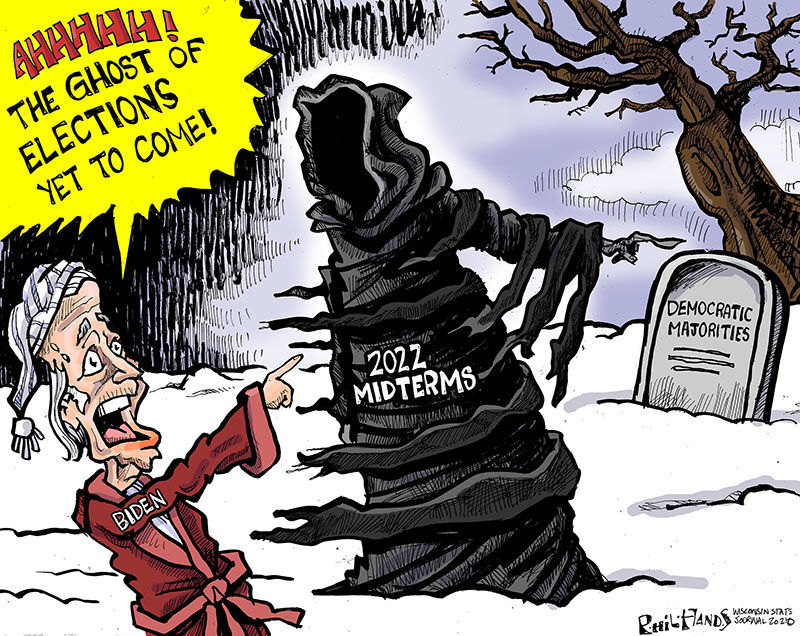US-Russia Leadership Conference: Avoiding Ukraine Collision
In March of this year, Ukrainian President Volodymyr Zelenskiy, who took office in 2019, set forth a policy to reclaim the Crimean Peninsula from Russia. In response, Russian troops have been amassing at the border zone, numbering 90,000.
Biden has expressed concern over the situation, warning that should Russian troops invade Ukraine, he will take strong economic measures, including sanctions, and will make plans to strengthen military support for neighboring ally nations.
Bearing Ukraine in mind, Putin requested a legal guarantee from NATO that it would not expand its roster of member nations or deploy offensive weapons in nations that neighbor Russia.
According to U.S. press, analysis by U.S. sources has determined that Russia will commence invasion at the beginning of next year, and the size of its forces will reach 175,000 troops.
Russia must immediately cease its conduct, which is increasing tensions. Relevant authorities have confirmed that leadership on both sides are continuing discussions. They must come together with NATO and Ukraine and devise a plan to quickly bring the situation under control.
The genesis of this problem was that in 2014, ignoring international law, Russia forcibly and unilaterally annexed the Crimean Peninsula from the southern part of Ukraine.
In the leadership summit, Biden once again declared support for Ukraine’s sovereignty and right to territorial integrity. Russia should withdraw from the Crimean Peninsula and return to conditions before the annexation.
Ukraine is a buffer zone with Europe and a key strategic location for Russian security. Ukraine is likely strengthening its ties to Europe, raising concerns for Russia that it might join NATO.
Nevertheless, Russia cannot be allowed to solve the problem through military force.
If it proceeds with the invasion as it did seven years ago, Russia should sincerely understand that it will invite strong sanctions from the U.S. and Europe, as well as even more isolation from the international community.
Biden said that in the event of an invasion, he will deploy additional troops to Baltic countries that made up the former Soviet Union.
If the two sides match each other in force, it is possible that they might occasionally clash. All sides must strive to reach a diplomatic, rather than a military, solution.
The U.S.-Russia relationship deteriorated during the 2016 U.S. presidential election, in which Putin supported former President Donald Trump, causing distrust to arise. The relationship is said to be at its worst state since the end of the Cold War.
During the meeting, the first in half a year, other topics, such as nuclear arms controls, were also discussed. We would like to see further discussions, as well as a speedy move from military confrontation to disarmament.


